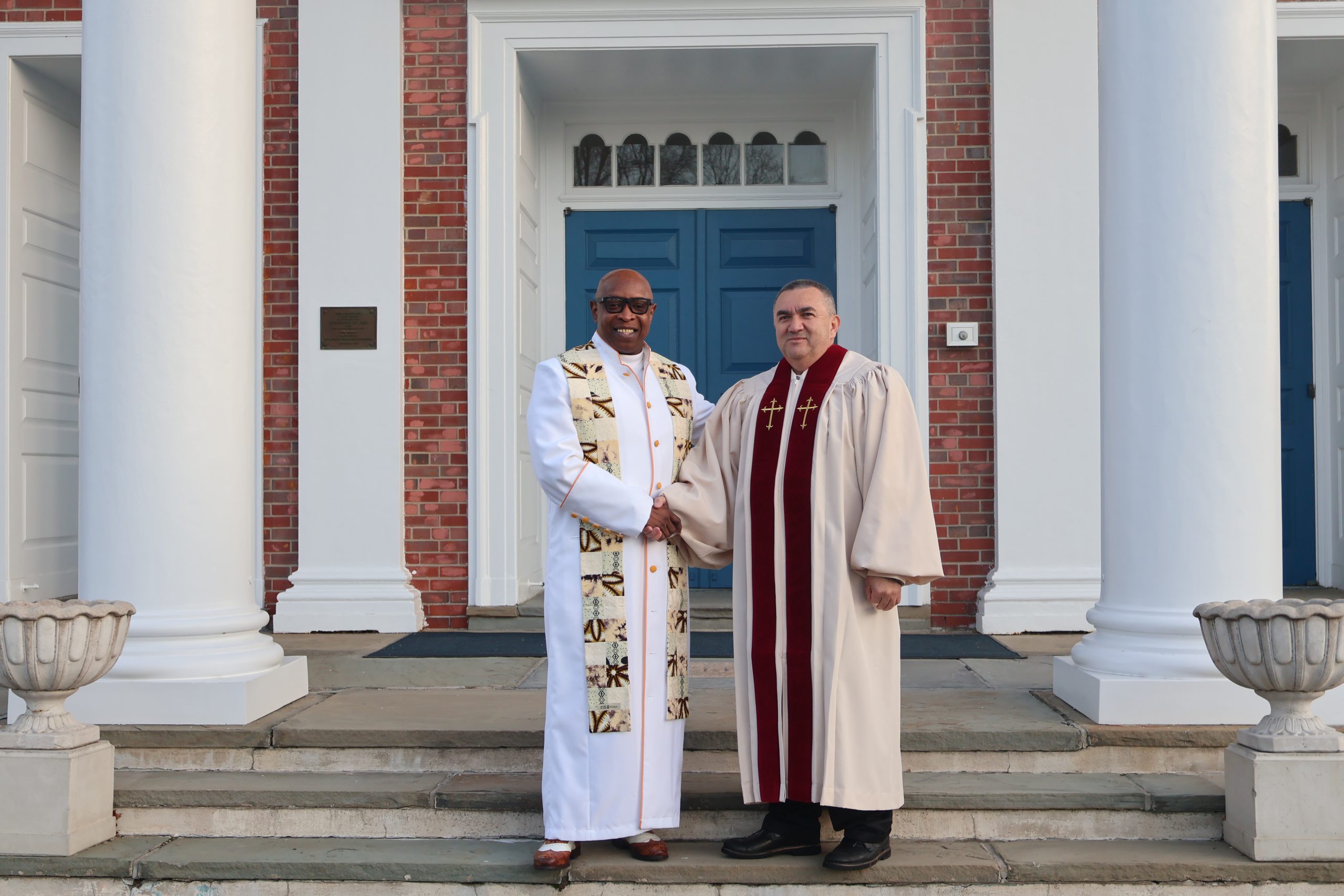Hits: 17
WPCNR THE LETTER TICKER. AUGUST 5, 2015:
Editor’s Note: The following letter was written in reaction to a letter the French American School of New York sent to the Mayor and Common Council July 31, but not shared by the French American School of New York with the public.
WPCNR has seen a copy, and in it, after bolstering their reasons why the city should approve it, the French American School makes this statement:
“Put bluntly, a negative vote by the Council would deny the School its vital and basic Due Process and other constitutinal and equitable rights, let alone cause it millions of dollars in damages, which it would be forced to vigorously seek to recover.”
The letter below addresses the FASNY letter issues.
Dear Mayor Roach and Honorable Members of the Common Council,
I write in response to the letter dated July 31, 2015 sentto you by the current Chairman and former Chairman of FASNY’s Board ofTrustees. The authors of the letter claim that it might be their last opportunityto “communicate directly” with you prior to your vote on FASNY’s application.
The problem is that, even at this late date, FASNY stilldoes not “communicate directly” when it comes to its application to close partof Hathaway Lane and construct its massive private school campus.
FASNY Claims It Purchased the Property With Its “EyesWide Open”
FASNY claims it purchased the former golf course property(the “Property”) with its eyes wide open. Before purchasing the Property did FASNYeven look in its seller’s chain of title and find the Restrictive Covenant thatruns with the land and precludes its use for any purpose other than for singlefamily homes or as a golf course? Did FASNY take note of the covenant’s prohibitionagainst using the Property for any type of “institution” other than a golfcourse? If so, how could FASNY think it, an educational “institution,” would bepermitted on the Property? Did it expect to bulldoze over the protectionsafforded by the covenant and the “substantial benefit” the covenant confersupon owners of adjacent properties?
FASNY never brought up the covenant in its publishedsubmissions to the Common Council or at public presentations or hearings. IfFASNY really wanted to “communicate directly” with you it could have addressedthe matter of the restrictive covenant, the first “elephant in the room.” Itelected not to do so.
A School Complex Is Not Permitted On The Property As MatterOf Right
FASNY claims that “a private [s]chool was expresslypermitted under the City’s present zoning.” If that were the case, then theprocess of reviewing its application would not have lasted 4+ years.
The Common Council and Mayor, with five attorneys amongthem, surely are cognizant of the Court of Appeals decision Cornell v.Bagnardi, 69 NY2d 583 (1986). That decision holds that that while there isa presumption that the location of schools or religious institutions in aparticular location may provide a benefit, that presumption can be rebutted based on the school’s overall impact onthe public’s health, safety, welfare or morals.
When looking at the overall impact of the pendingapplication, do not be alarmed by FASNY’s escalating forecasts of the alternateuse of the Property for 100 homes. There is simply no way the environmentally-sensitiveProperty would ever see another 100 houses constructed on its soil. FASNY knowsthat, but relies on the bogeyman builder to frighten anyone who opposes itsplan.
Where, as here, thoughtful analysis reveals the overallimpact of the school would detract from the public’s health, safety, welfare ormorals, the proposal for placement of a school or religious institution shouldbe denied.
FASNY Routing Access Through North Street Entrance Does NOTGive The Plan A Green Light
FASNY’s writers claim the SEQRA Findings determined the useof North Street Access Alternative was the “only acceptable” alternative forthe School. The Findings say no suchthing.
The Findings determined Ridgeway was not an acceptableentrance point for FASNY’s complex, as it could not bear the additional trafficload the large campus would bring to the neighborhood. The Findings never said using North Street would makeplacement of the entrance acceptable. Several speakers and writers pointed outthat fact when FASNY made the same misrepresentation in its written submissionto the Common Council and after Mr. Zarin reiterated that remark in a publichearing. Again, FASNY was corrected earlier, but still elects not to “communicatedirectly” to the City’s elected officials. FASNY evidently believes that repeating a falsehood enough times canmake it true. It cannot.
FASNY Will Be A Sore Loser
In not-so-subtle language, FASNY threatens that if its application is denied it will sue the City of White Plains. Gee, does that comeas a surprise? The elected officials of White Plains cannot administer the affairs of the City if it kowtows to the local bully.
The Common Council should evaluate FASNY’s application based onits merits, and not based on the size of FASNY’s war chest. The rattling swordsof FASNY’s solicitors should not intimidate the City’s elected officials, nordissuade them from determining the outcome of the application based solely onthe merits of FASNY’s application, or lack thereof.
If the Common Council were to vote against FASNY’s application, as it should, and FASNY were to challenge that determination incourt, the relevant analysis would be whether the City’s determination were “improper,irrational, arbitrary or capricious.” Pine Knolls Alliance Church v. ZoningBd. Of Appeals of Town of Moreau, 5 N.Y. 3d 407, 415 (2005).
The Mayor and Members of the Common Council are in the bestposition to know if their analysis was improper, irrational, arbitrary orcapricious. If it was not, then the City’s exposure to liability is a non-issue.Therefore the City can vote down theapplication based upon a lawful determination that, under the standard of Cornellv. Bagnardi, the proposed school complex and road closure would detract from the public’s health, safety, welfare andmorals, and overall would have a detrimental impact on the neighborhood. The CommonCouncil should reject the application.
Respectfully submitted,
Claudia G. Jaffe, Esq.
